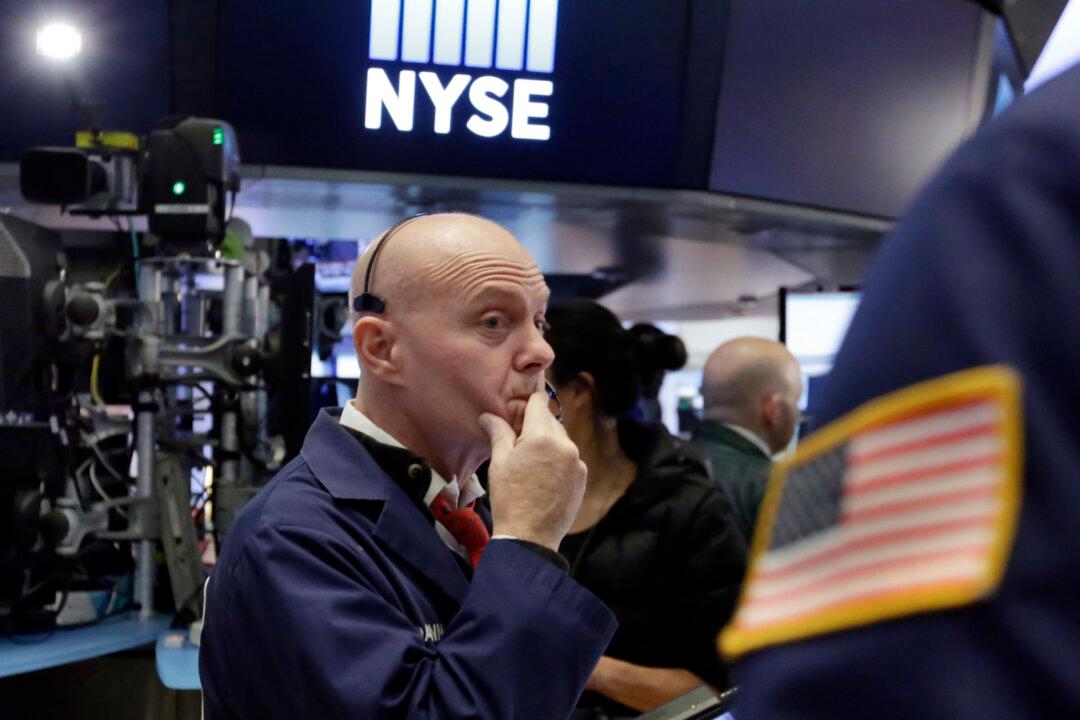The tax reform has finally passed and to see whether it will fundamentally change markets and the economy, we need to look at three different factors. The Federal Reserve (Fed) interest rate agenda, the political implications for the 2018 mid-term elections and the actual effect on business spending, consumer spending, and economic growth.
The key points of change in taxes are that corporate rates drop to 21 percent—helping business bottom lines and adding about 10 percent or so to their stock values. Then there is a provision for repatriating foreign U.S. dollars held abroad which many see as supporting the dollar by 5 percent given the $1 trillion potential backflows. However, many of the write-offs for business and individuals have been cut or removed with State and Local taxes the biggest focus balanced against higher deductions for children. The reality of the tax reform is that its complex to measure the actual effect on individuals making much of the hype about its power on the economy uncertain and more political noise than fact.
